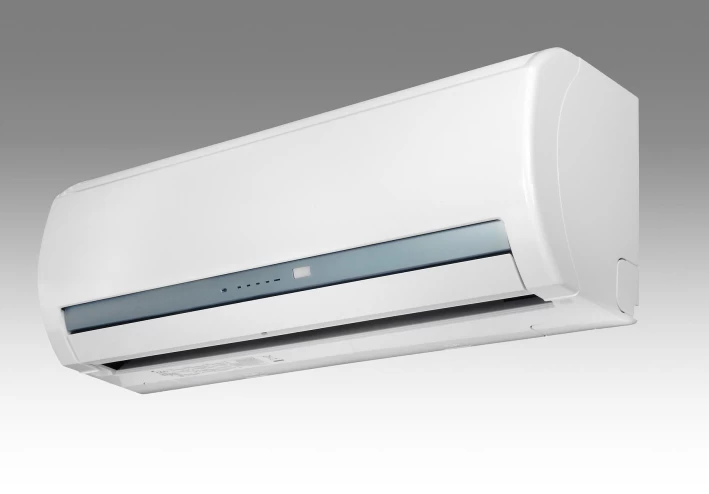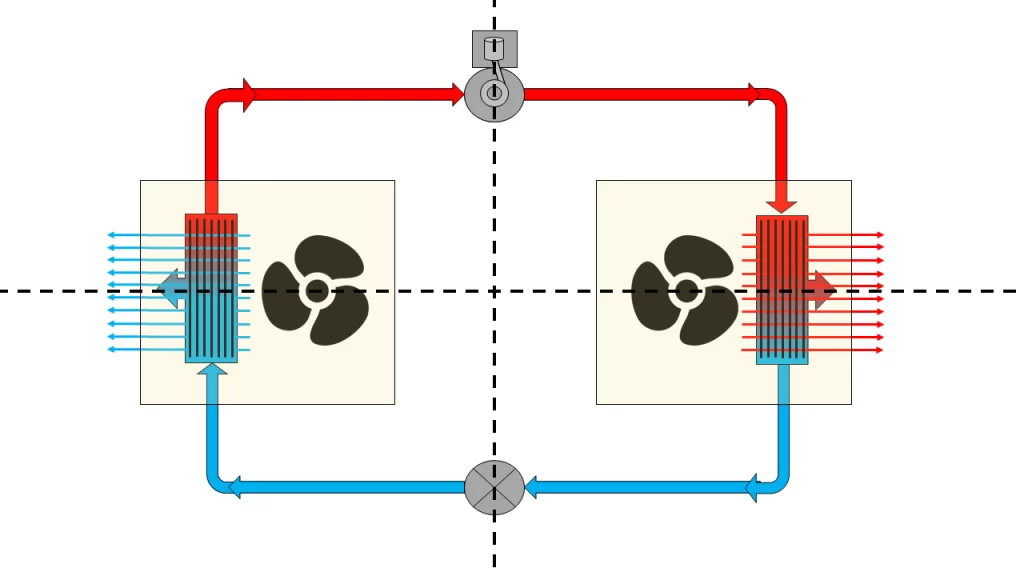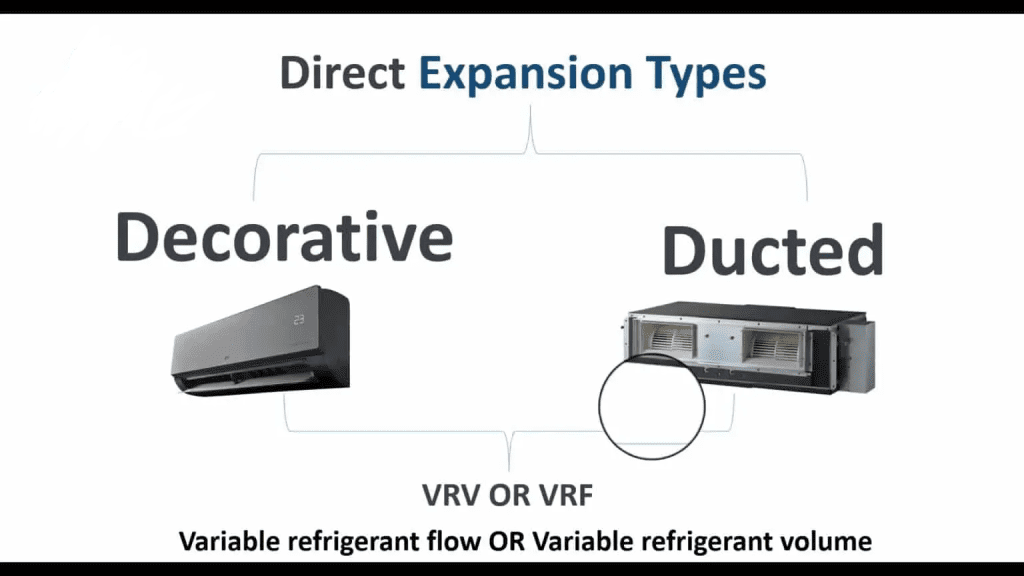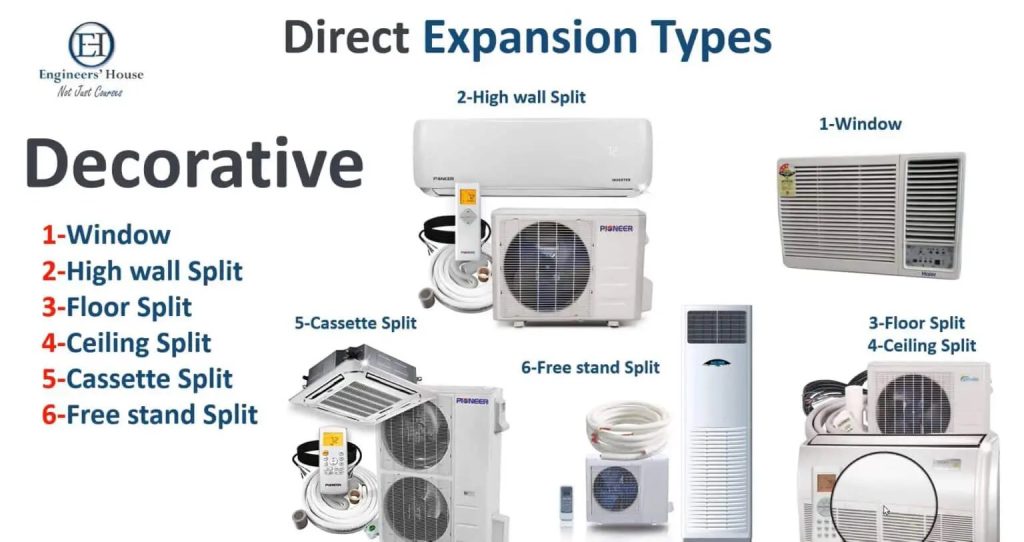

Air conditioning systems cannot be compared in general, and disadvantages have advantages for all air conditioning systems, because choosing an air conditioning system is based on the priorities of each project and its own circumstances.
Therefore, each air conditioning system is studied and the foundations and criteria for selecting air conditioning devices are known based on the thermal loads in the building.
Principles and criteria for choosing air conditioning systems
Ambient temperature
It expresses weather properties. The climatic effect on the building varies from one country to another.
Therefore, the efficiency of the air conditioner varies from one place to another.
Air flowrate and Coil CFM achieved.
We will begin by learning about air conditioning systems and classifying them between DX Direct Expansion and Chiller System. When looking at the cooling circuit for each of them, it will be composed of:

But the difference in the compressor is between its size, type, and capacity.
We first start with the DX Direct Expansion system and first look at the types of DX air conditioning systems
There are two types: the decorative type, which is the air conditioner that has an aesthetic shape that helps in adding a beautiful decorative touch inside the place. The second system is: Ducted, which is an air conditioning device that does not appear inside the place and we take cold air from it through the air outlets.

There are also air conditioning systems that combine the Decorative and Ducted systems and are called VRV Or VRF Variable Refrigerant Flow Or Variable Fragrant Volume, which is one air conditioning system.
Firstly, the Decorative, and we learn about its types and forms:
Window
High Wall Split
Floor Split
Celling Split
Cassette Split
Free Stand Split
